My review of Suzanne Leal’s The Teacher’s Secret was published in the Fairfax newspapers this weekend. The review heading calls it ‘a novel of good and evil in a school’ and it is that. Suzanne Leal is very clear where she stands on the issue of political correctness taken to extremes.
Leal’s was a hard novel to review because I found myself more than usually tempted to give away important aspects of the plot. The fact that the ‘teacher’s secret’ is revealed quite late in the story somehow made this temptation stronger. I wonder how other reviewers feel about the problem of having to avoid plot spoilers? Does it make them nervous, the way it does me? Have they been berated by an author for making a blunder, or even giving too much of a hint? It would be interesting to compare notes.
I imagine that is a dilemma, Dorothy, and I sympathise with you. However, I feel your reviews always manage to deliver useful insights to the reader, ones that inform but don’t spoil. Keep doing what you’re doing.
Thanks Gert, and Jen, for your comments. I haven’t received any complaints from authors in all my years of reviewing – or not yet! Plot spoiling is just something reviewers need to be aware of, and I sometimes worry that it can make for too stilted or cautious an approach.
I must read (or, reread) The second coming, Dorothy. I love that quote “The best lack all conviction, while the worst are full of passionate intensity”.
But, re your question, yes, yes, yes, I sometimes find it very frustrating that the “rules” of reviewing are that you can’t spoil the end (though some review readers, on blogs anyhow, don’t feel strongly about that). Some books, it doesn’t really matter because the plot is not necessarily essential to the meat or meaning of the work, but in other cases it can be. It’s particularly tricky, I think, when there’s a secret that is revealed by the middle of the book. What do you say. I guess I tend to stay away from the story a lot when I review, and talk about other things! But I’m not sure that’s the answer either as people do like to know what they are boing too read about don’t they?
Thanks very much for your comment, Whispering Gums!
I’m glad to know you share my frustration, because the dangers of plot spoiling are an aspect of reviewing that is seldom discussed! I wonder what would happen if we just ignored the prohibition?
-
Are you game to try?!
Actually, in blogs, some of us sometimes do a WARNING: SPOILERS notice – I’ve done it a few times in red bold (or, is it bold red!) I saw a blogger once comment on that practice too, wondering why bloggers felt the need to do such a warning, but I think it’s a good compromise when you really feel you must give something critical away. Sometimes, though, I’m not quite sure whether what I want to say is a spoiler or not. I have, I think, said POTENTIAL SPOILER once or twice, but it can get silly if you start to try to second guess too much.
June 28, 2016 — 14:23
No, I’m not game, because I do respect authors’ wishes when it comes to giving away their plots.
I agree that the warning notice is a good compromise, and I agree absolutely with the point you make about sometimes being uncertain whether what you want to say will be regarded as a plot spoiler. I suppose, as reviewers, we always have to walk some kind of tightrope – most of us, that is. There are some reviewers who don’t care about giving offence!
-
Oh, I care deeply about giving offence – as you probably know. I’m not a gusher in general but neither am I a panner. If a book was bad enough for me to pan, I’d feel I’d failed in choosing it in the first place. But it’s an interesting issue you raise, Dorothy. Some commentators/reviewers feel that they are only writing for readers, but I see it a bit more broadly, that we are all part of the literary culture, some if us a quite amateur part. I like to think that I’m documenting my thoughts in the context of that culture rather than specifically writing to tell readers what they should or shouldn’t read. It’s a complex business as you say – and is indeed a tightrope.
A BIG warning notice is something we bloggers can use effectively but I don’t do it often because then people may stop reading what I have spent so much time working out what to say! I think I often go the other way and say very little about the plot at all – and talk more about characters, language, ideas/meaning.
June 30, 2016 — 0:57
Very well put, Whispering Gums. I particularly like the way you describe documenting your thoughts in the context of a literary culture. That is what I try and do as well. I think reviewers such as yourself who have read, and continue to read widely, can situate a book in context and this is very valuable in the snap-and-grab kind of world we live in.

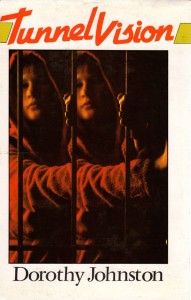
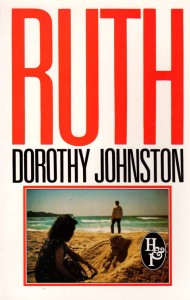
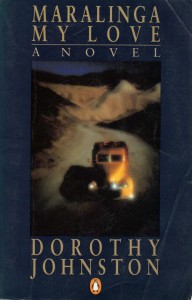

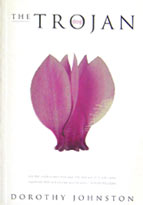
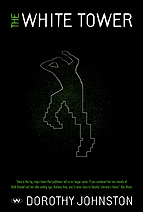
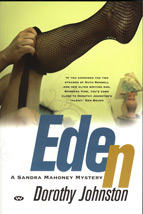
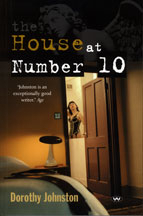
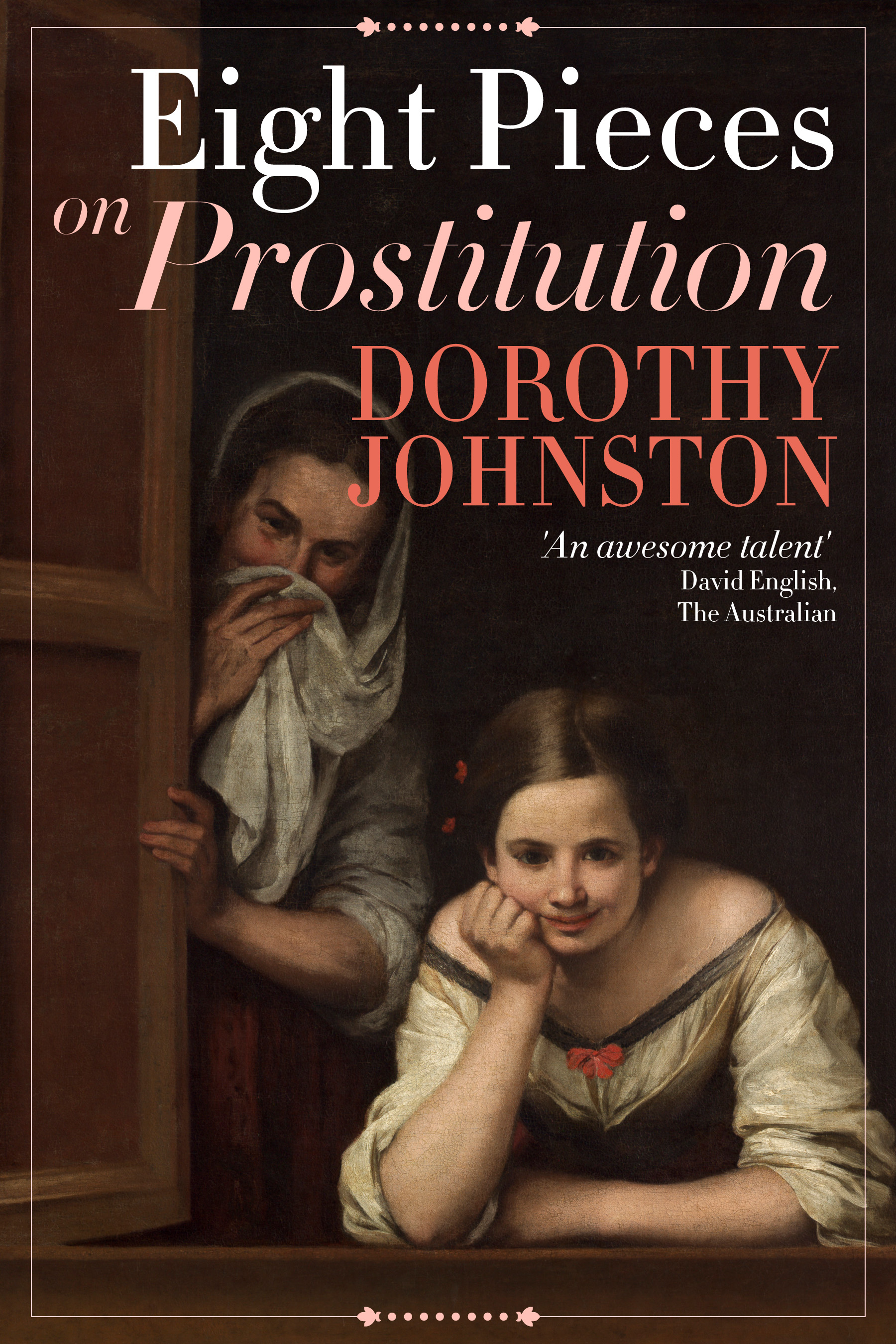
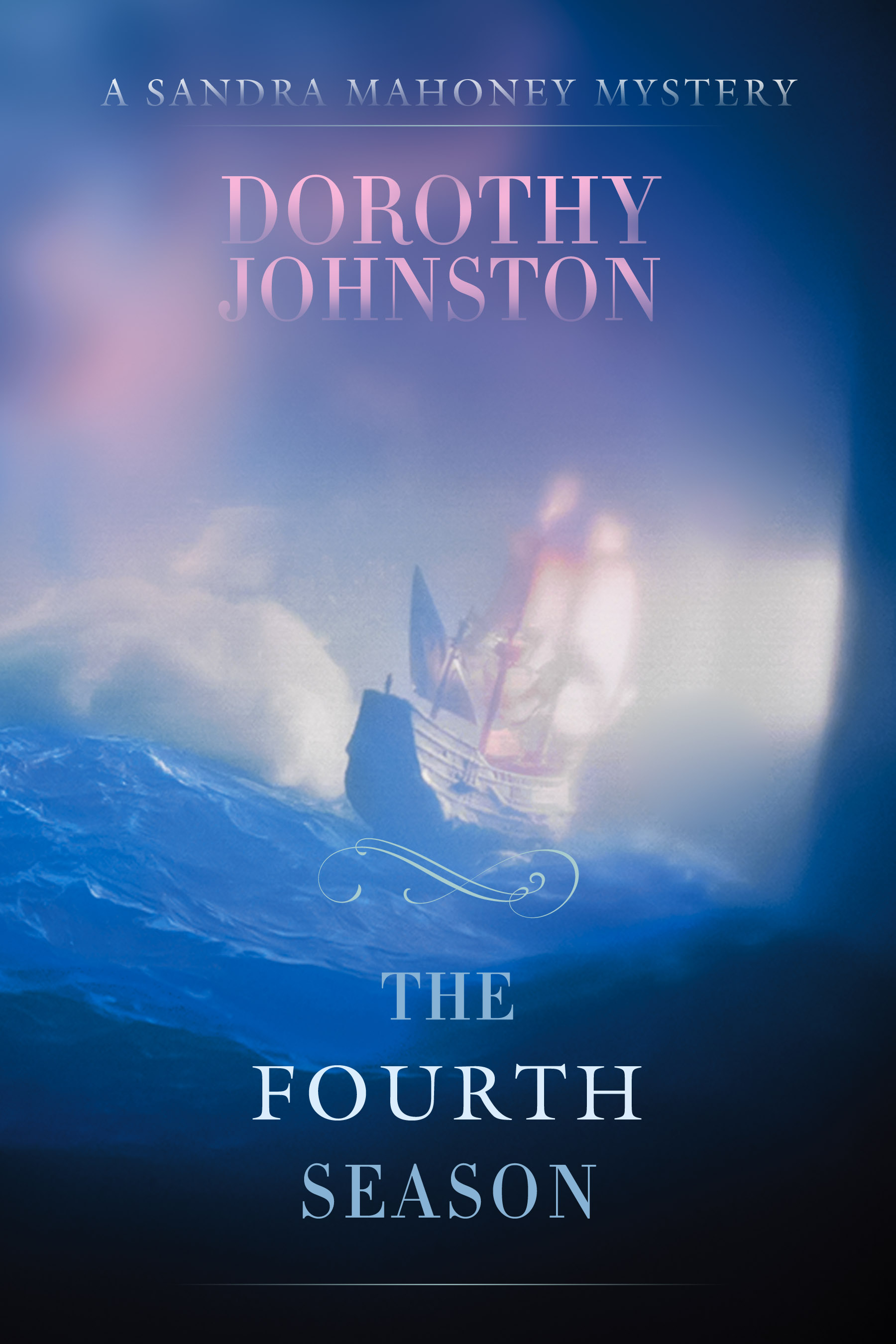
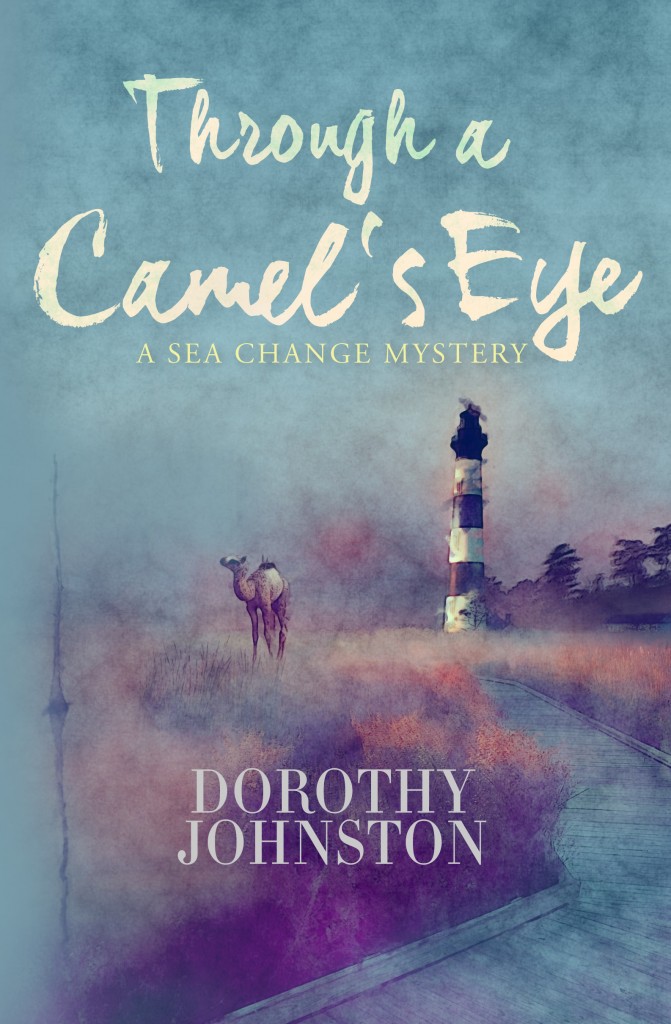
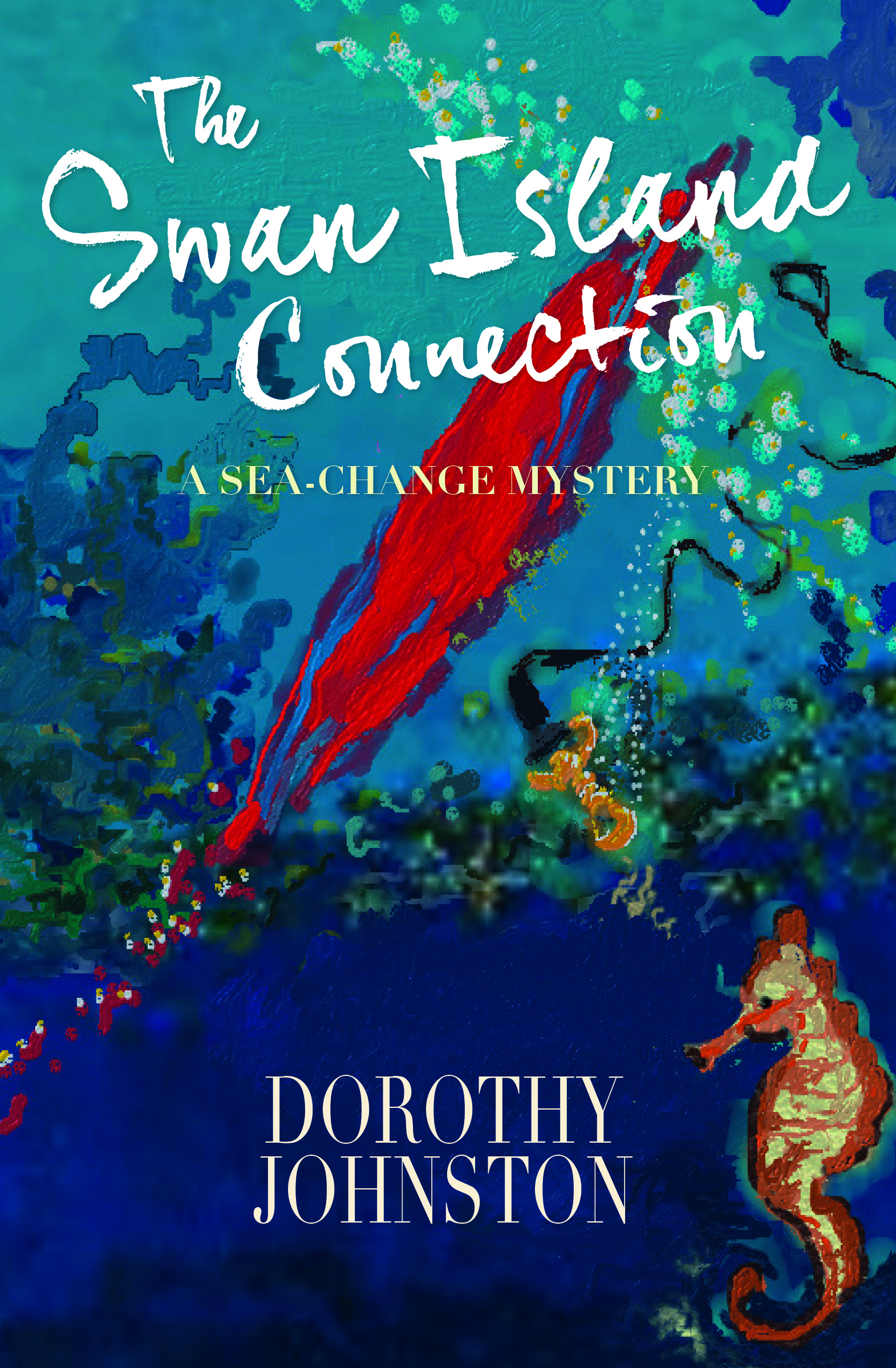
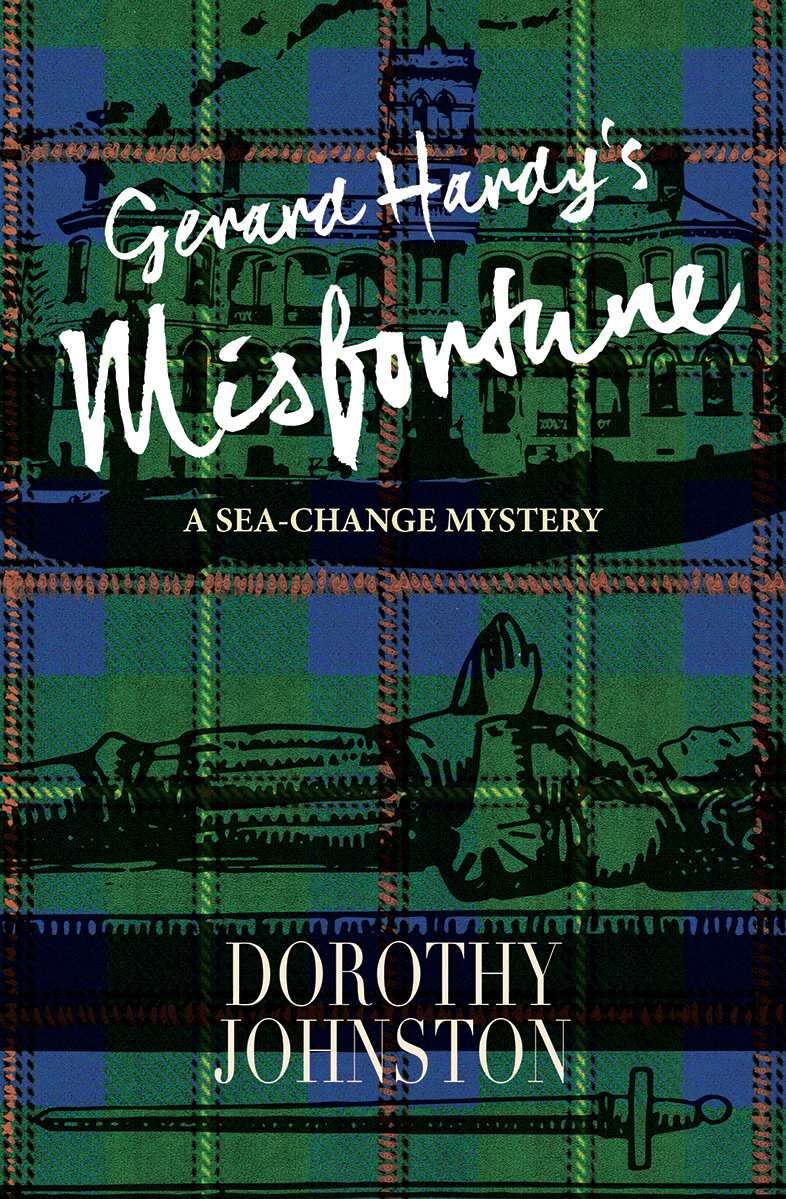
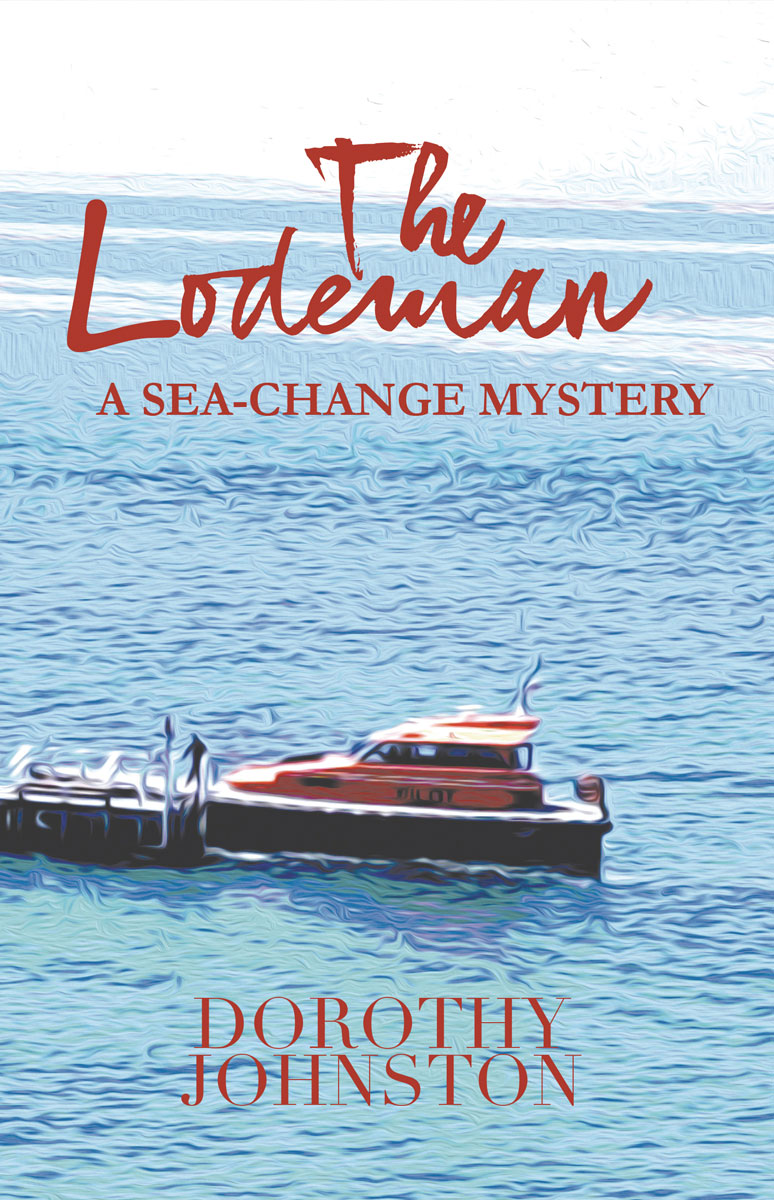
I enjoyed your rv in the paper on Saturday, and thought it was an intriguing idea for a novel. For what it’s worth, I didn’t think you gave any grounds for authorial complaint! It certainly aroused my interest in a book I wouldn’t otherwise have noticed. I have noticed recently that some rvs of very high-profile books in the international press (A LIttle Life, for example) do give more away about plot developments that I would have expected. Perhaps when it’s a topic in the news, as in A Little Life, they think it will attract readers? (In my case, it had the reverse effect!)